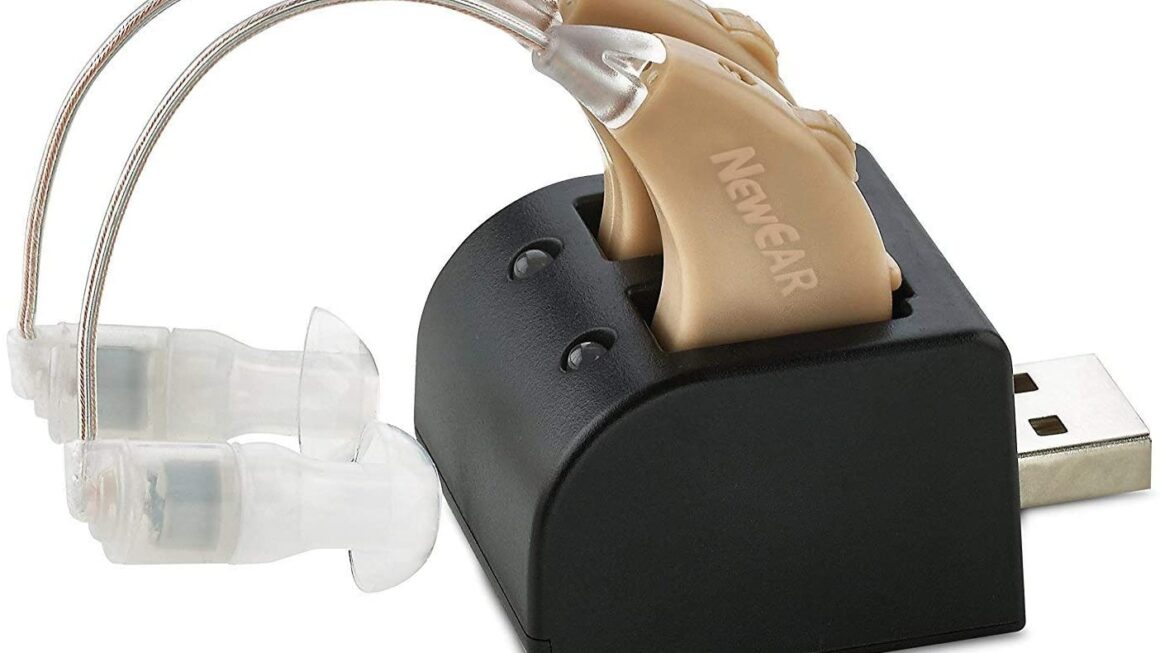Attention-deficit/hyperactivity disorder (ADHD) is a neurodevelopmental disorder characterized by persistent patterns of inattention, hyperactivity, and impulsivity. Stimulant medications are among the most commonly prescribed treatments for ADHD. In particular, long-acting stimulants have gained popularity due to their effectiveness in managing ADHD symptoms. In this article, we will explore how long-acting stimulants work and their role in the management of ADHD symptoms.
Understanding Long-Acting Stimulants:
Long-acting stimulants are a class of medications that are designed to provide extended symptom relief throughout the day. They contain active ingredients such as methylphenidate or amphetamine, which work by increasing the levels of certain neurotransmitters in the brain, namely dopamine and norepinephrine. By enhancing the activity of these neurotransmitters, long-acting stimulants help regulate attention, impulse control, and hyperactivity in individuals with ADHD.
Types of Long-Acting Stimulants:
There are different formulations of long-acting stimulant medications available, including extended-release capsules, tablets, and transdermal patches. Some commonly prescribed long-acting stimulant medications include Concerta, Adderall XR, Vyvanse, and Daytrana.
Benefits of Long-Acting Stimulants:
- Extended Duration: One of the primary advantages of long-acting stimulants is their extended duration of action. They are formulated to release the medication gradually over an extended period, typically lasting between 8 and 12 hours. This extended release allows for sustained symptom control throughout the day, eliminating the need for multiple doses or midday medication administration.
- Consistent Symptom Management: Long-acting stimulants provide consistent and continuous symptom relief, helping individuals maintain focus, improve attention span, and reduce impulsivity throughout the day. This stability in symptom control can be particularly beneficial in academic settings, where sustained attention and concentration are crucial for learning and performance.
- Improved Adherence: Long-acting stimulants offer convenience and improved medication adherence compared to short-acting formulations. With long-acting medications, individuals only need to take a single dose in the morning, reducing the chances of missed or forgotten doses. This simplicity in dosing can be helpful for individuals with busy schedules or those who struggle with medication compliance.
- Minimized Stigma: Long-acting stimulants can also help reduce the stigma associated with ADHD medication. As they provide symptom relief throughout the day without the need for midday administration, individuals taking long-acting stimulants can have their medication discreetly managed, minimizing potential stigma or disruptions in daily routines.
Effectiveness and Considerations:
Buy Adderall Online| Buy Adderall Online| Long-acting stimulants have been extensively studied and have consistently shown efficacy in managing ADHD symptoms. Research has demonstrated improvements in attention, concentration, impulse control, and overall ADHD symptomatology in individuals taking long-acting stimulant medications.
However, it is essential to consider individual variability in response and potential side effects. While most individuals tolerate long-acting stimulants well, some may experience side effects such as decreased appetite, difficulty sleeping, or mild increases in heart rate and blood pressure. These side effects are typically mild and transient, but it is crucial to monitor their impact and discuss any concerns with a healthcare professional.
Additionally, healthcare providers need to carefully assess each individual’s medical history, current health status, and potential medication interactions before prescribing long-acting stimulants. Regular follow-ups are necessary to monitor treatment effectiveness, adjust dosages if needed, and address any emerging concerns.
The Importance of Individualized Treatment:
When prescribing long-acting stimulants, healthcare professionals take into account various factors, including the individual’s age, ADHD subtype, symptom severity, comorbidities, and personal preferences. An individualized treatment approach ensures that the specific needs and circumstances of each person with ADHD are addressed effectively.
Tailored dosing and medication selection are crucial. The healthcare provider will consider factors such as the desired duration of action, the individual’s response to previous medications, and potential side effects to determine the most suitable long-acting stimulant and dosage for optimal symptom management.
Managing Coexisting Conditions:
ADHD often coexists with other psychiatric or neurodevelopmental conditions. Long-acting stimulants can also be effective in managing symptoms related to these comorbidities. For example, individuals with ADHD and coexisting anxiety disorders may find that stimulant medications help alleviate anxiety symptoms, as improved attention and focus can reduce excessive worry and rumination. While long-acting stimulants can significantly help manage ADHD symptoms, they are often most effective when combined with non-medication interventions.
In cases where individuals have comorbid sleep disorders, such as insomnia or restless leg syndrome, healthcare professionals may opt for long-acting stimulant formulations that have a lower impact on sleep quality or consider adjunctive sleep management strategies.
Long-Term Treatment Considerations:
ADHD is a chronic condition, and long-term treatment is often necessary for sustained symptom control and improved functioning. Long-acting stimulants have been used successfully as part of long-term treatment plans.
Regular monitoring of treatment effectiveness and potential side effects is crucial. Healthcare professionals may periodically assess ADHD symptoms, academic or occupational performance, and overall well-being to ensure that the chosen long-acting stimulant continues to provide optimal benefits.
It is worth noting that the effectiveness of long-acting stimulants may vary from person to person. Some individuals may respond better to specific formulations or doses, while others may require adjustments over time. Open and ongoing communication with healthcare providers is essential to fine-tune the treatment approach as needed.
READ MORE | Buy Adderall Online |
Non-Medication Interventions:
While long-acting stimulants can significantly help manage ADHD symptoms, they are often most effective when combined with non-medication interventions. Behavioral therapy, psychoeducation, and targeted strategies for managing organizational skills, time management, and emotional regulation can complement medication treatment.
Additionally, healthcare providers need to carefully assess each individual’s medical history, current health status, Lifestyle factors such as regular exercise, a healthy diet, adequate sleep, and stress management techniques can also contribute to overall symptom management and well-being.
Conclusion:
Long-acting stimulants are a valuable treatment option for individuals with ADHD. These medications provide extended symptom relief, consistent focus, and improved impulse control throughout the day. With an individualized treatment approach and close monitoring, long-acting stimulants can significantly contribute to managing ADHD symptoms and improving overall functioning.
It is essential for individuals with ADHD to work closely with healthcare professionals to find the most suitable long-acting stimulant and dosage, considering their unique needs, preferences, and potential comorbidities. By combining medication treatment with non-medication interventions, individuals with ADHD can optimize their symptom management and enhance their quality of life.












